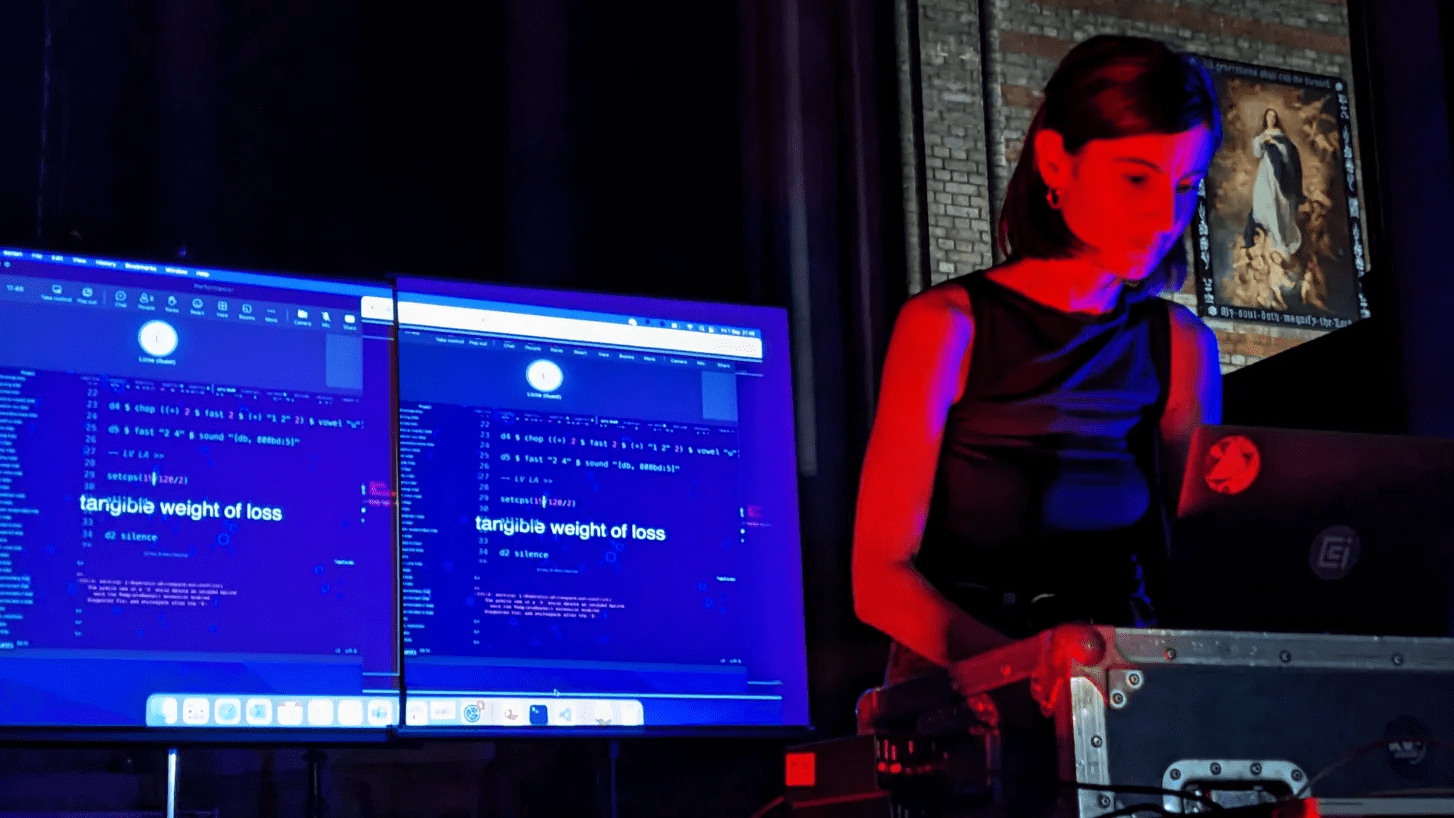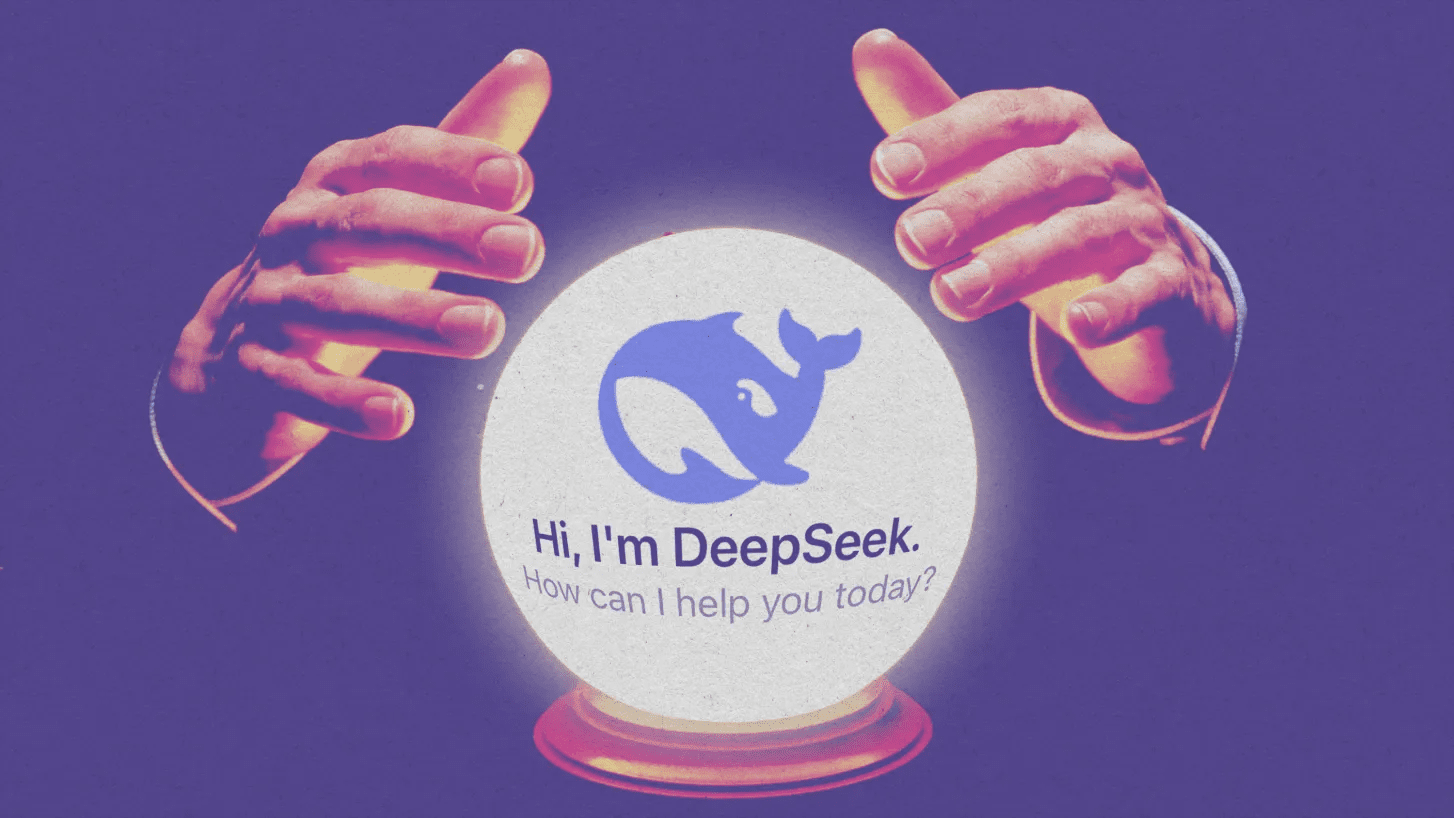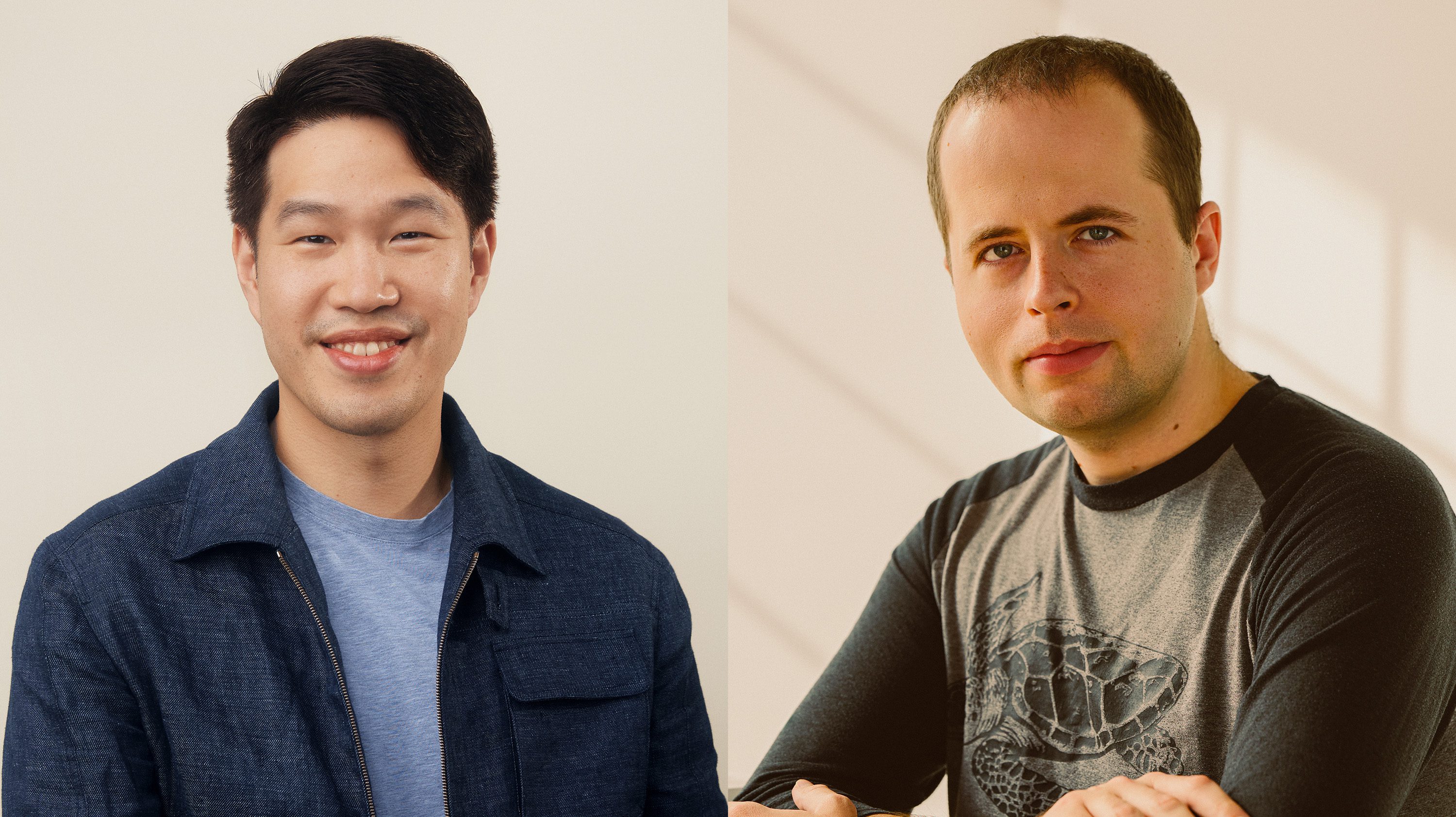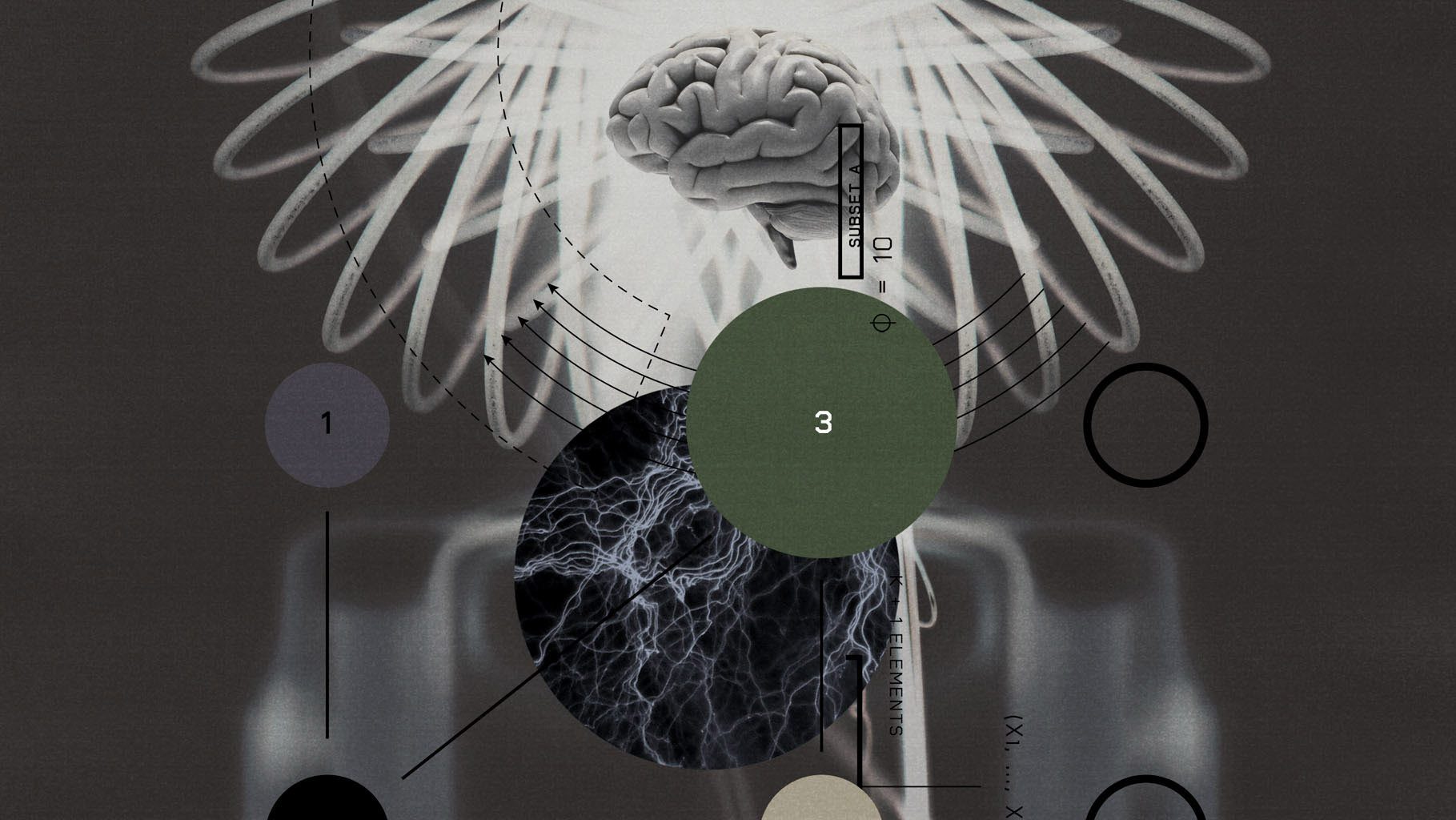The Download: carbon removal factories’ funding cuts, and AI toys
This is today’s edition of The Download, our weekday newsletter that provides a daily dose of what’s going on in the world of technology.
The Trump administration may cut funding for two major direct-air capture plants
The US Department of Energy appears poised to terminate funding for a pair of large carbon-sucking factories that were originally set to receive more than $1 billion in government grants, according to a department-issued list of projects obtained by MIT Technology Review and circulating among federal agencies.
One of the projects is the South Texas Direct Air Capture Hub, a facility that Occidental Petroleum’s 1PointFive subsidiary planned to develop in Kleberg County, Texas. The other is Project Cypress in Louisiana, a collaboration between Battelle, Climeworks, and Heirloom. Read the full story.
—James Temple
AI toys are all the rage in China—and now they’re appearing on shelves in the US too
Kids have always played with and talked to stuffed animals. But now their toys can talk back, thanks to a wave of companies that are fitting children’s playthings with chatbots and voice assistants.
It’s a trend that has particularly taken off in China: A recent report by the Shenzhen Toy Industry Association and JD.com predicts that the sector will surpass ¥100 billion ($14 billion) by 2030, growing faster than almost any other branch of consumer AI. But Chinese AI toy companies have their sights set beyond the nation’s borders. Read the full story.
—Caiwei Chen
2025 climate tech companies to watch: Pairwise and its climate-adapted crops
Climate change will make it increasingly difficult to grow crops across many parts of the world. Startup Pairwise is using CRISPR gene editing to develop plants that can better withstand adverse conditions.
The company uses cutting-edge gene editing to produce crops that can withstand increasingly harsh climate conditions, helping to feed a growing population even as the world warms. Last year, it delivered its first food to the US market: a less-bitter–tasting mustard green. It’s now working to produce crops with climate-resilient traits, through partnerships with two of the world’s largest plant biotech companies. Read the full story.
—James Temple
Pairwise is one of our 10 climate tech companies to watch—our annual list of some of the most promising climate tech firms on the planet. Check out the rest of the list here.
MIT Technology Review Narrated: How to measure the returns on R&D spending
Given the draconian cuts to US federal funding for science, it’s worth asking some hard-nosed money questions: How much should we be spending on R&D? How much value do we get out of such investments, anyway?
To answer that, in several recent papers, economists have approached this issue in clever new ways. And, though they ask slightly different questions, their conclusions share a bottom line: R&D is, in fact, one of the better long-term investments that the government can make.
This is our latest story to be turned into a MIT Technology Review Narrated podcast, which we’re publishing each week on Spotify and Apple Podcasts. Just navigate to MIT Technology Review Narrated on either platform, and follow us to get all our new content as it’s released.
The must-reads
I’ve combed the internet to find you today’s most fun/important/scary/fascinating stories about technology.
1 How OpenAI and Nvidia are fueling the AI bubble
Experts fear their circular deals could be artificially inflating the market. (Bloomberg $)
+ OpenAI will pay for AMD’s chips using, err, AMD’s own stock. (TechCrunch)
+ The Bank of England is concerned about AI inflating tech stocks. (FT $)
+ What comes next, that’s the big question. (NBC News)
2 Around 15% of the world’s working population is using AI
And countries in Europe are among the most enthusiastic adopters. (FT $)
+ The EU is keen to get even more of its citizens using it, too. (WSJ $)
+ Meanwhile, America’s public opinion towards AI is souring. (WP $)
3 Three quantum mechanics scientists have won the Nobel Prize for Physics
Two of whom were instrumental in building Google’s working quantum machines. (Bloomberg $)
+ Their work shone a light on behaviors of the subatomic realm. (NYT $)
+ Quantum particles behave in notoriously strange ways. (New Scientist $)
4 The CDC has finally signed off on covid vaccine recommendations
Despite the delay, access looks largely similar to last years’. (Ars Technica)
+ The Supreme Court isn’t sold on medical expertise these days. (Vox)
5 What makes TikTok so ‘sticky’
Even its hardcore users can be persuaded to keep scrolling for hours. (WP $)
6 ICE bought fake cell towers to spy on nearby phones
It’s used cell-site simulators in the past to track down alleged criminals. (TechCrunch)
+ Meet the volunteers tracking ICE officers in LA. (New Yorker $)
7 Watermark removers for Sora 2 videos are already readily available
No permission? No problem. (404 Media)
+ What about copyright for AI-generated art? (The Information $)
+ And what comes next for AI copyright lawsuits? (MIT Technology Review)
8 How diamonds can help to cool down chips
They’re remarkably good at transferring heat. (NYT $)
9 Amazon Pharmacy is launching electronic prescription kiosks
For drugs including antibiotics, asthma inhalers and treatments for high blood pressure. (Reuters)
10 Should you limit your smartphone use to two hours a day?
Japan thinks so. (The Guardian)
+ How to log off. (MIT Technology Review)
Quote of the day
“OpenAI is building the future of AI on infrastructure it doesn’t own, power it doesn’t control, and capital it doesn’t have.”
—Andrey Sidorenko, head of research at data firm Mostly AI, critiques what he calls the consolidation of the AI ecosystem in a post on LinkedIn.
One more thing

How AI can help make cities work better
In recent decades, cities have become increasingly adept at amassing all sorts of data. But that data can have limited impact when government officials are unable to communicate, let alone analyze or put to use, all the information they have access to.
This dynamic has always bothered Sarah Williams, a professor of urban planning and technology at MIT. Shortly after joining MIT in 2012, Williams created the Civic Data Design Lab to bridge that divide. Over the years, she and her colleagues have made urban planning data more vivid and accessible through human stories and striking graphics. Read the full story.
—Ben Schneider
We can still have nice things
A place for comfort, fun and distraction to brighten up your day. (Got any ideas? Drop me a line or skeet ’em at me.)
+ Life lessons from the one and only Ozzy Osbourne—what’s not to like?
+ Did you know that most countries have their own camouflage? Check the patterns out here.
+ These hamsters getting an MRI scan is the cutest thing you’ll see today.
+ Pumpkin chili sounds like a fantastic way to warm up.




















